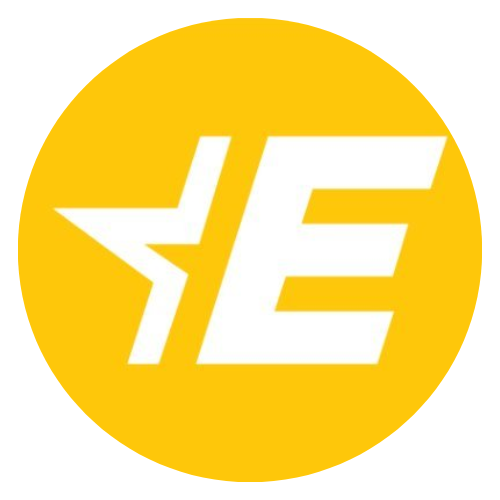Do you have anything to add to this story? Any ideas for interviews or angles we should explore? Let us know if you’d like to write a follow-up, a counterpoint, or share a similar story.
Seville sends a signal: it’s time to rethink global development
The Fourth International Conference on Financing for Development (FfD4), held in Seville on June 30–July 1, marked a rare and timely moment. For the first time in a decade, key global actors sat down together to take a hard look at the architecture of development finance.
With the gap between the Sustainable Development Goals (SDGs) and actual progress widening, it’s clear that we need more than good intentions. We need bold ideas and practical solutions that mobilize serious resources.
EU Commissioner for International Partnerships, Jozef Síkela, represented the EU at the conference. His message? Social and economic development isn’t a luxury — it’s a necessity for stability in today’s volatile, transactional world.
“The world needs more development, not less,” he said. For Síkela, Seville was a once-in-a-decade opportunity to rethink how we fund the future of the Global South.
Europe: not just a donor, but a global partner
The EU and its member states are still the world’s biggest contributors of Official Development Assistance (ODA), providing around 42% of all global ODA. But volume alone isn’t enough anymore.
That’s why the EU is shifting its focus from just the quantity to the quality of development funding — with smarter tools and stronger local investment capacity at the heart of its strategy.
At the center of this vision is the Global Gateway, a European initiative designed to invest in infrastructure, energy access, digital connectivity, and education in partner countries. It combines public and private money, uses guarantees to reduce investor risk, and unlocks capital at a scale traditional aid simply can’t match.
Millions committed, with real-world goals
In Seville, Commissioner Síkela unveiled new EU-backed initiatives funded through the European Fund for Sustainable Development Plus (EFSD+), a key financing instrument under the Global Gateway.
Among them is a €75 million guarantee for the SOL program, in partnership with COFIDES and AECID. Its aim? Supporting off-grid electrification and mini-grid systems in hard-to-reach regions of Sub-Saharan Africa, Latin America, and the Caribbean.
The impact goes beyond just energy access. These investments are expected to boost local economies and empower communities.
An even larger initiative is being led by EDFI Management Company and the Currency Exchange Fund (TCX). The EU will provide a €150 million guarantee to help expand currency risk protection in emerging markets. With volatile exchange rates and inflation affecting many low- and middle-income countries, this mechanism could help secure financing for projects worth up to €2 billion.
Investing locally with a global mindset
Seville wasn’t just about big numbers. It was also about grassroots change. A €20 million agreement between Banque El Amana and the European Investment Bank (EIB) will support SMEs in Mauritania, with a focus on sustainable fisheries and the blue economy.
Crucially, this funding also targets female and youth entrepreneurship, offering opportunities to groups often left behind by traditional finance.
Another approved initiative, called Resilient Remit, is a €4 million program with the International Fund for Agricultural Development (IFAD). It aims to amplify the positive impact of remittances — the single largest source of external financing for many developing countries.
Through this program, rural communities will gain access to credit, savings, insurance, and financial services that build resilience against climate change and other crises.
Digital future, gender equality: high on the agenda
On the digital front, Síkela — alongside Finland and Nokia — showcased new Global Gateway investments in telecom infrastructure, from fiber optics to satellites and data centers. These projects go hand-in-hand with training programs and digital governance support, designed to boost technological sovereignty and help partner countries fully join the global digital economy.
Side events at FfD4 also highlighted the Africa–Europe partnership on sustainable finance, and the urgent need to accelerate gender equality efforts by 2030.
Women’s empowerment wasn’t a side issue — it was framed as a central pillar of sustainable growth and human potential.
A new chapter in global partnership
Before the official FfD4 sessions even began, Commissioner Síkela took part in a high-level review of the EU–LAC Global Gateway investment agenda, setting the stage for the upcoming EU–CELAC summit in Colombia.
The EU’s approach signals a shift toward a more collaborative model — not just writing cheques, but sitting at the table as an equal partner in shaping a more balanced and resilient global economy.
